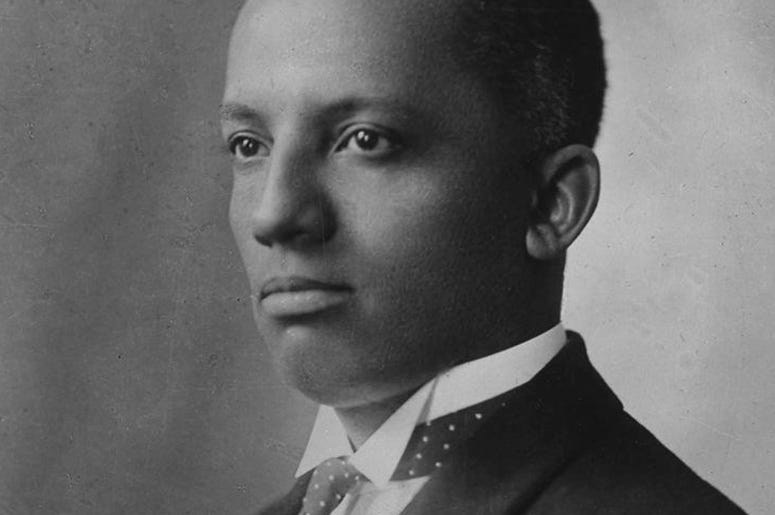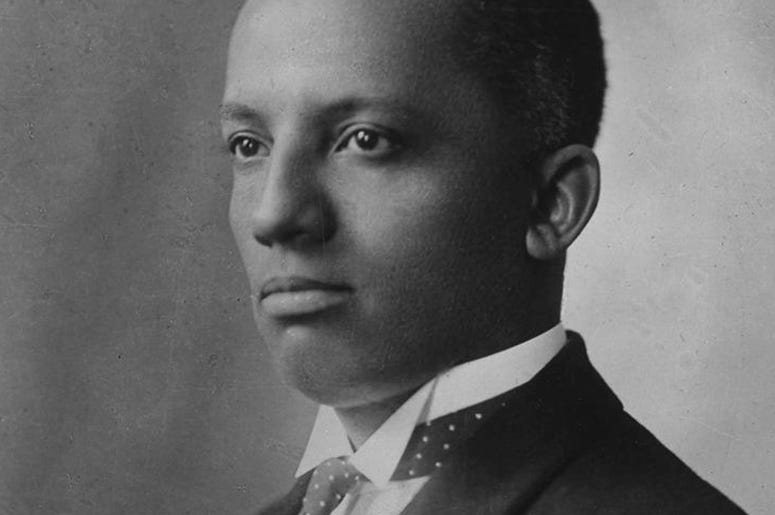It’s Black History Month; so let’s celebrate! In honor of Black History Month, Mutual Security...
The History Behind Black History Month

The rich culture and contributions of the Black community to our American story has been honored and celebrated since the late 1910s.
What began as an exhibit during an event marking the 50th anniversary of the Emancipation Proclamation, which ended slavery in the U.S., has, over the decades, grown into a month-long time of learning about Black Americans’ influence on our country.
But, who started the movement, and why was February the month chosen to celebrate Black History Month? We’ll answer those questions and more as we take a look at Black History Month through the decades until 1976 when Black History Month became the celebration as it’s known today.
1910s
Dr. Carter G. Woodson, an alumnus of the University of Chicago, presents a Black history exhibit at a 50th anniversary of the Emancipation Proclamation event sponsored by the state of Illinois. Inspired by the turnout, Woodson, A. L. Jackson and three others formed the Association for the Study of Negro Life and History (ASNLH).
1920s
Negro History and Literature Week is created and then renamed Negro Achievement Week. In an effort to create and popularize knowledge about the Black past, Woodson announces that Negro History Week would be celebrated in February 1926.
February was chosen because it’s the birth month of President Abraham Lincoln, who signed the Emancipation Proclamation, and Frederick Douglass, an escaped slave who was a national leader in the movement to abolish slavery, as well as a proponent of equal rights. But, it grew into more: Woodson aimed to reform the tradition from the study of two great men into the celebration of race.
1930s
As Black populations grew, and more Black workers are heading north for industrial jobs, mayors issue Negro History Week proclamations, and, in cities like Syracuse, New York, progressive whites join Negro History Week with National Brotherhood Week.
1940s
Black history expands into schools and public celebrations.
1950s
Woodson speaks of a shift from Negro History Week to Negro History Year, stating that Black history was too important to America and the world to be limted to a small time frame.
1960s
Black college students become increasingly conscious of their African lineage. Black History Month is on target to replace Negro History Week.
1970s
At the urging of President Gerald R. Ford in 1976, 50 years after the first celebration, the movement shifts from a week to a month and from Negro history to Black history.
Since 1976, every American president has designated February as Black History Month, and endorsed a specific theme. The Black History Month 2023 theme, “Black Resistance,” explores how "African Americans have resisted historic and ongoing oppression, in all forms, especially the racial terrorism of lynching, racial pogroms and police killings," since the nation's earliest days.
Black History Month is a time for us to learn, and take those lessons with us throughout the years.
Your turn: How has Black History Month had an impact on you and your family? Tell us about it in the comments.

Dr. Carter G. Woodson is considered the Father of Black History Month.

.png?height=200&name=Black%20History%20Month%20Blog%20Banner%20(1).png)

.png?height=200&name=8%20ways%20to%20celebrate%20Fathers%20Day%20(70).png)